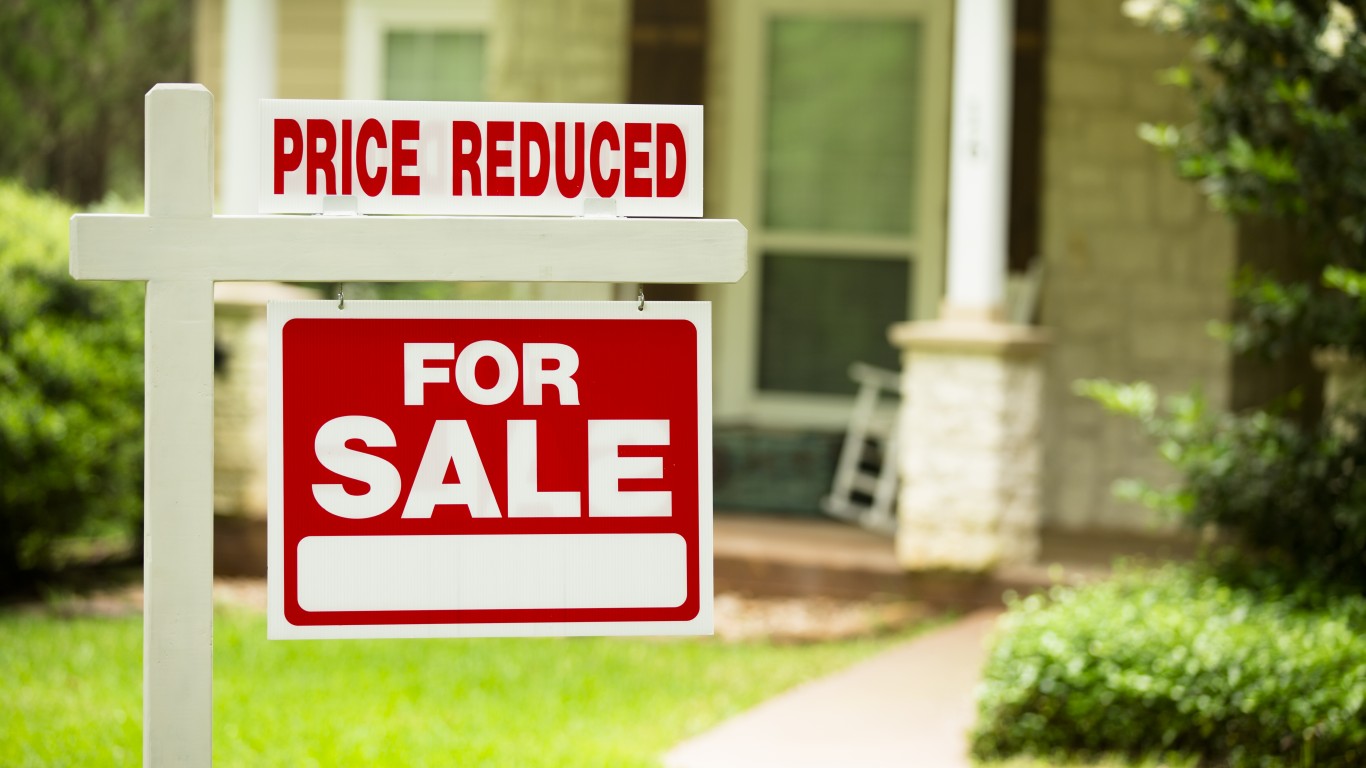 The Mortgage Bankers Association (MBA) reports this morning that mortgage loans at least one month past due rose by 18 basis points in the second quarter of 2012 to 7.58% of all loans outstanding. That figure represents a drop of 0.86% from the same period a year ago. The MBA counts mortgages on one-to-four unit residential properties and reports the results on a seasonally adjusted basis. Non-seasonally adjusted the second quarter delinquency rate rose from 6.94% in the first quarter of 2012 to 7.35%.
The Mortgage Bankers Association (MBA) reports this morning that mortgage loans at least one month past due rose by 18 basis points in the second quarter of 2012 to 7.58% of all loans outstanding. That figure represents a drop of 0.86% from the same period a year ago. The MBA counts mortgages on one-to-four unit residential properties and reports the results on a seasonally adjusted basis. Non-seasonally adjusted the second quarter delinquency rate rose from 6.94% in the first quarter of 2012 to 7.35%.
The MBA’s chief economist noted:
Perhaps more important than the small size of the increase, however, is the fact that it reversed the trend of fairly steady drops in delinquencies we have seen over the last year. This is consistent with the slowdown in the economy during the first half of the year and our stubbornly high unemployment rate.
The MBA calculates that 11.62% of all mortgage loans are either one month or more delinquent or in foreclosure.That’s down nearly a full percentage point from the same period a year ago.
Seriously delinquent loans — those more than 90 days past due, but not in foreclosure — fell in July to 7.31%, a drop of 54 basis points from the same period a year ago. A normal rate for seriously delinquent loans is around 5%, and the percentage peaked at nearly 11%. That’s the good news.
Home prices have been rising for a while now as inventories decline, and home sales for both existing and new homes have been picking up. Most observers believe that the housing market has hit bottom and is beginning to climb out of a deep, deep hole.
But with that recovery other problems may surface. It’s too early to predict that the rise in delinquencies will stifle the recent improvements in the housing market. Still it’s never a good sign when mortgage delinquencies rise.
Paul Ausick
Thank you for reading! Have some feedback for us?
Contact the 24/7 Wall St. editorial team.


